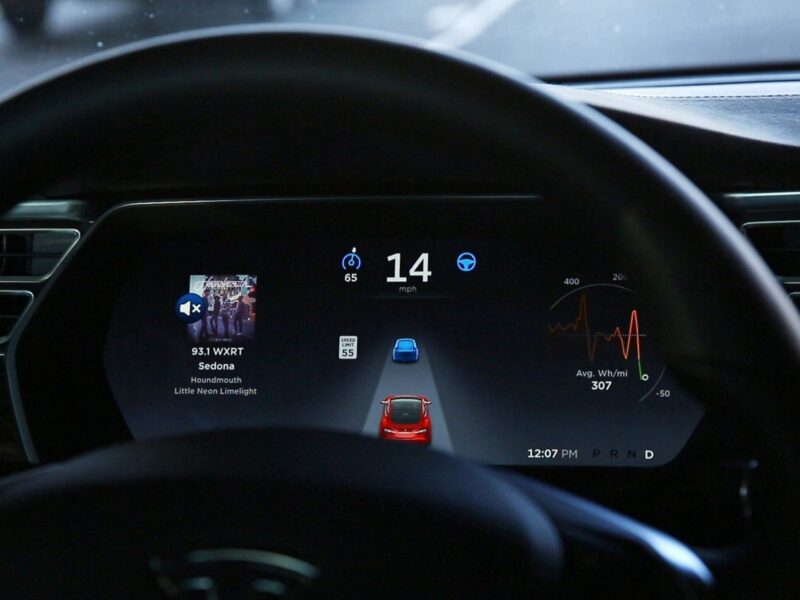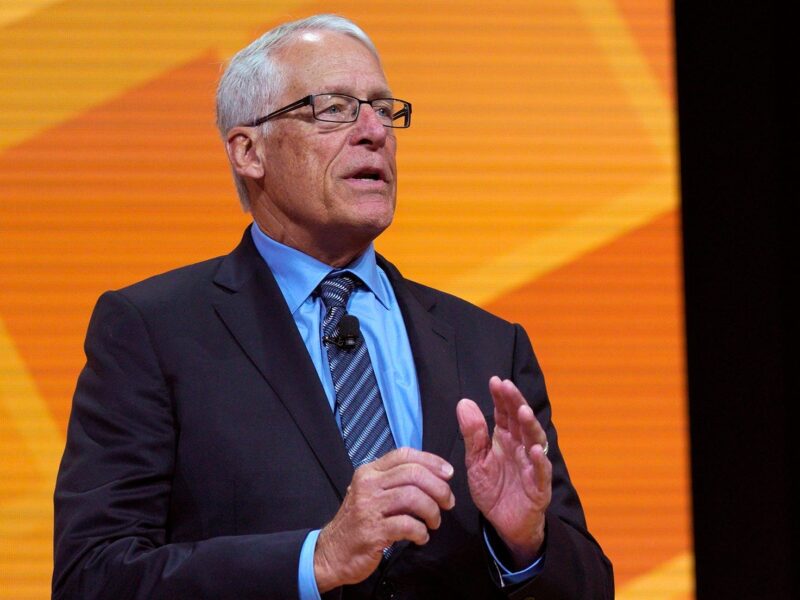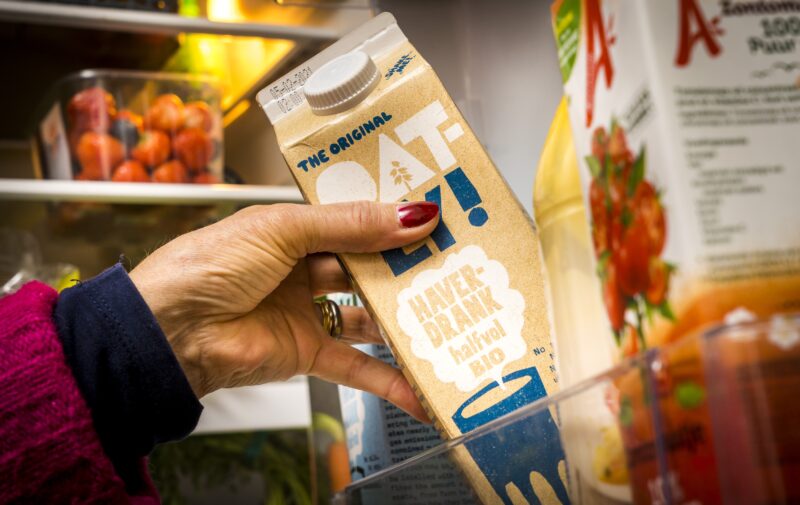- People have been coming up with inventive ways to get high on nicotine for near a hundred years.
- But it wasn’t until Chinese inventor Hon Lik invented his e-cigarette in 2003 that modern vaping was born.
- Today, as the vaping lung injury crisis worsens, people are still coming up with new smoking alternatives. One is a salt-based formulation.
- Visit Insider’s homepage for more stories.
For thousands of years, people have been enjoying the subtle rush that smoking tobacco leaves, thereby ingesting nicotine, can provide.
But it wasn’t until about 220 years ago that doctors started realizing how harmful smoking can be. Dr. Benjamin Rush was one of the first to point this out, in 1798, calling smoking “offensive” and a-moral, while also suggesting, correctly, that it can prompt “incurable diseases” and cancers.
Ever since, inventors have been on a quest to find new ways to get a satisfying nicotine high, without the stinky cigarettes. Here’s a look at how vaping came to be, and where the industry’s steam might be headed next.
Concerns about smoking go back more than 200 years.

In the 1800s, doctors started seeing lip cancer cases in smokers. Shortly after, some of the first reports of lung cancer began surfacing, with nearly 1,000 cases reported by the 1920s.
In 1927, Joseph Robinson dreamed up what might be the very first "electric vaporizer," a device he said was for "medicinal compounds."
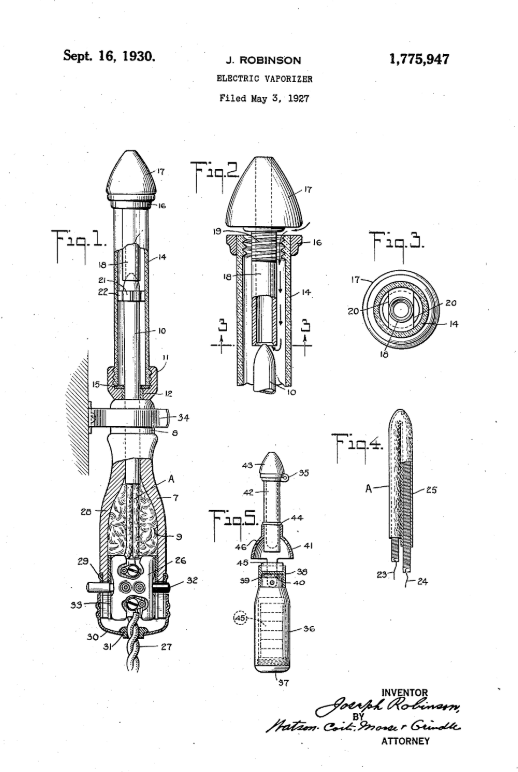
He dreamt the device would make it easier to inhale vapors "without any possibility of being burned."
But people kept on smoking. It wasn't until the 1950s and 60s that most people started becoming concerned about the health effects of cigarettes.

Source: Cancer Medicine, 6th edition
In 1963, another man, Herbert Gilbert, pioneered this "smokeless non-tobacco cigarette," but he couldn't find any manufacturers interested in making the product.
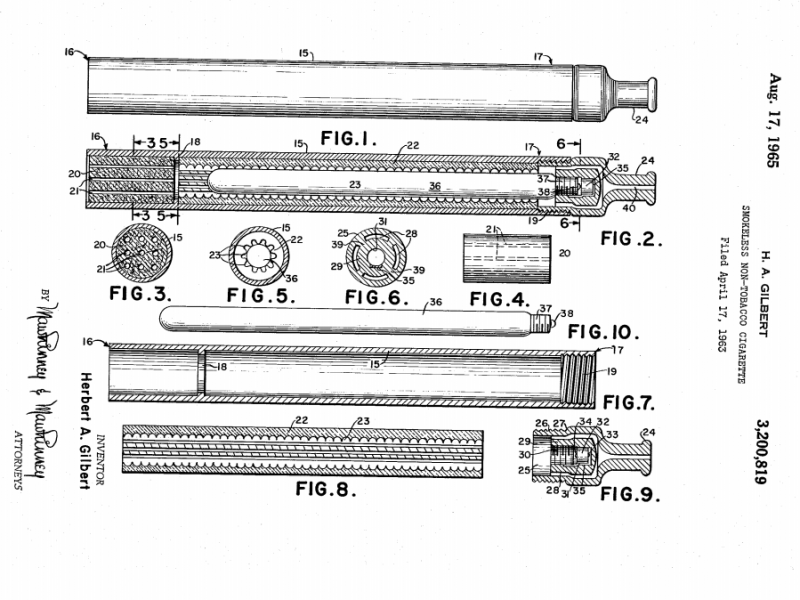
Source: Smithsonian
There were other attempts at early e-cigarettes over the years. Jed Rose, who invented the first nicotine patch, experimented with something called "distilled smoke" in his lab at UCLA in the 1980s.

Source: Insider
The e-cig predecessor was "a bit too far ahead of its time," Rose said.

Source: Insider
In 2000, a tabletop "Volcano" vaporizer entered the market. It was not really designed for tobacco, though.
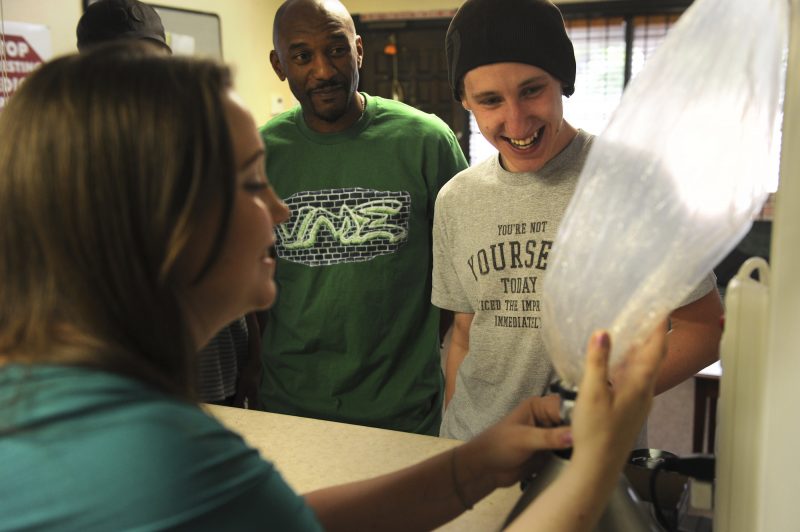
"How Rich People Smoke Pot" is how The Daily Beast referred to it.
The e-cigarette as we know today didn't show up until Chinese smoker and pharmacist Hon Lik invented it in 2003.
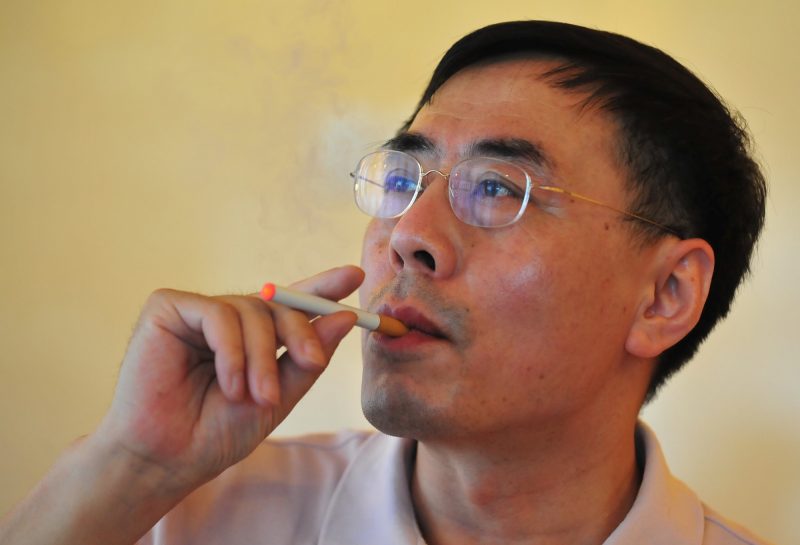
Lik, who at one point was downing up to three packs of cigarettes a day, says he was galvanized to invent a new device after his own father, also a smoker, died of lung cancer.
"I believed that if I could use vapor to simulate cigarette smoke, this could help me," Lik said.
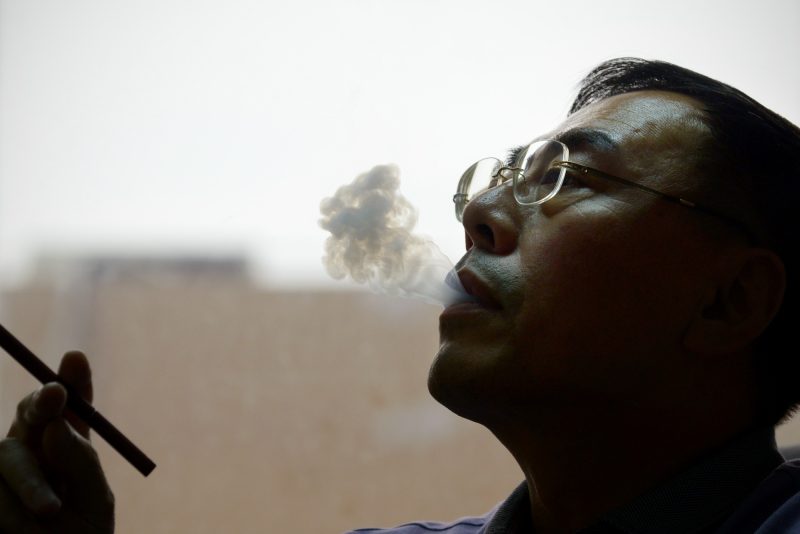
Source: Reuters
But Lik, like many others, has become a dual user. He still smokes cigarettes, and he vapes now, too.
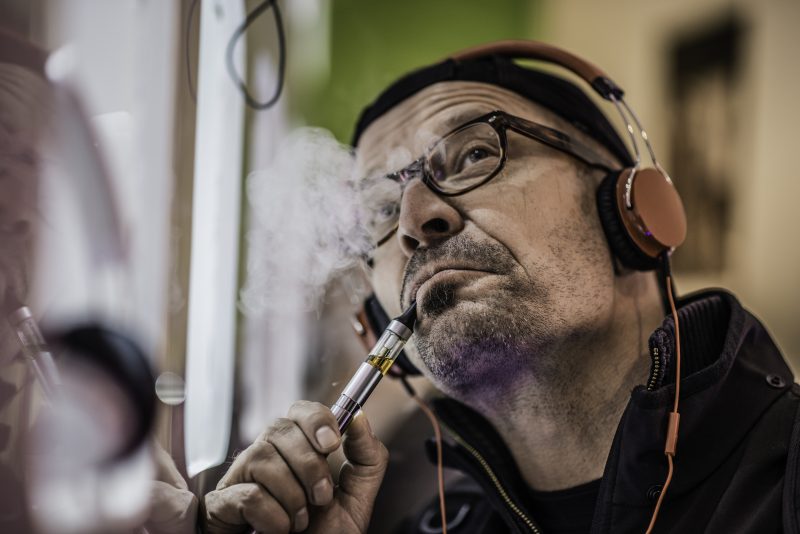
Researchers suspect that for some cigarette users like Lik, e-cigs only "perpetuate nicotine addiction," providing "more access to nicotine."
But there is some evidence that e-cigs can help people quit smoking, if they're part of a larger cessation program with counseling, support, and anti-smoking drugs on board.
Around 2006, vaping was first introduced in Europe, and it wasn't long before it made its way into the US too.

Source: US Customs and Border Protection
World health authorities were puzzled by the new devices.

"As far as WHO is aware, no rigorous, peer-reviewed studies have been conducted showing that the electronic cigarette is a safe and effective nicotine replacement therapy," the World Health Organization wrote in 2008.
As vapers inhale, they heat up a liquid.

It's usually a mix of propylene glycol and/or vegetable glycerin (called PG-VG), which vaporizes and delivers drugs, along with any chosen flavors.
N'Joy, founded in 2007, was one of the first major e-cigarette brands in the US.

The company once filed for bankruptcy in 2016, as it struggled to find enough customers interested in using its devices.
But other companies have had no problems attracting new customers.
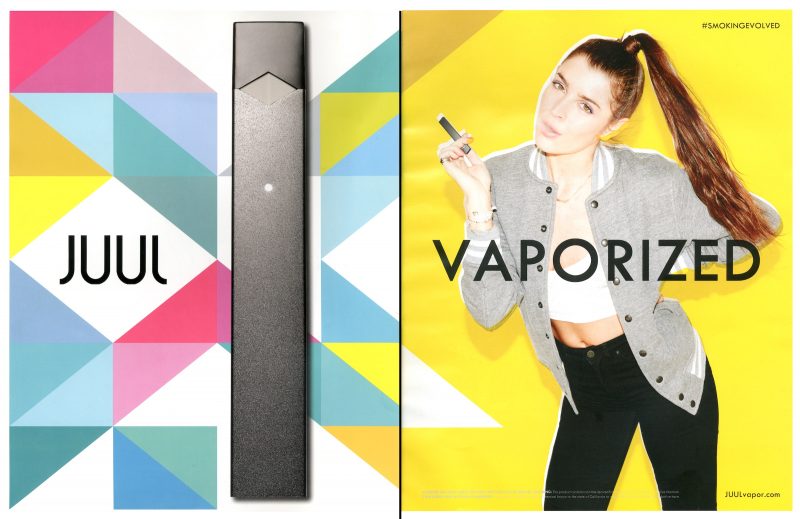
Juul has recently come under fire for its early-day marketing techniques, which Stanford physician Robert Jackler called "patently youth-oriented."
At least a quarter of teens in the US today say they've tried vaping, while about 6% of high schoolers vape regularly.

Source: Insider
Some teens are now suing Juul, saying they became addicted to their nicotine products and never smoked before.

Source: Insider
"It's really not wonderful," President Trump said of vaping in September. "People are dying from vaping."
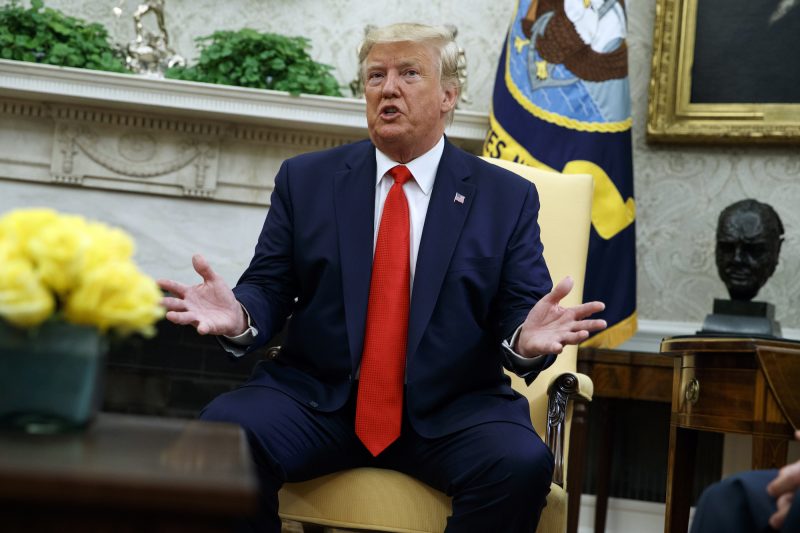
Source: Insider
So far, at least 37 people across the US have died after vaping nicotine, THC, or (usually) some combination of the two.
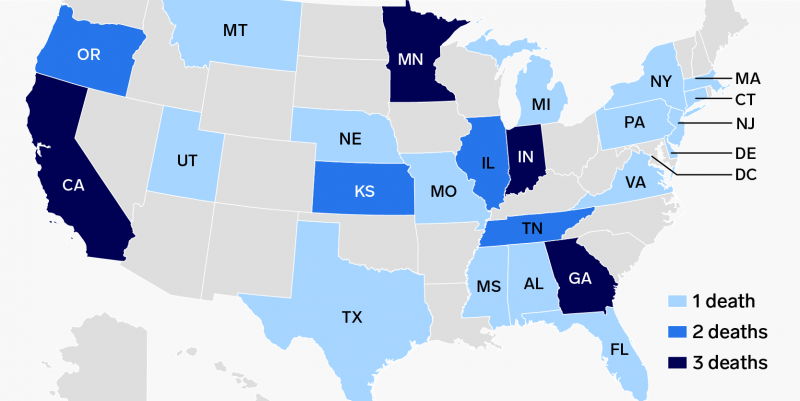
Federal investigators aren't sure yet what's causing the mysterious lung injury outbreak that popped up earlier this year, and has sickened an estimated 1,888 people across the country.
A former Juul executive filed a lawsuit earlier this week, saying that company knowingly sold tainted Juul pods to customers and stores.
Because the e-cigarettes industry is largely unregulated at the federal level, it's difficult to know exactly what's in any single vape.

Source: US Food and Drug Administration
Many experts suspect there could be dangerous chemicals lurking in some vapes.

Vitamin E acetate has recently been found in the lungs of sick vapers nationwide.
"When vitamin E acetate is inhaled, it may interfere with normal lung function," Centers for Disease Control and Prevention (CDC) principal deputy director Anne Schuchat said.
President Trump promised in September that his administration would be pushing for a ban on flavored e-cigarettes soon, but nothing's happened yet.
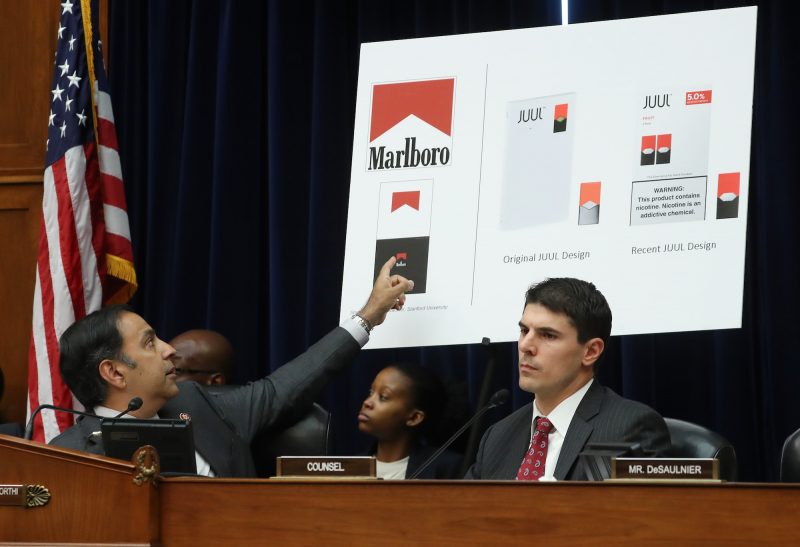
"When has a ban really worked for anything?" Lawyer Rick Meadow, whose firm is handling one teenager's lawsuit against Juul, told Insider. "If there's a market for it, somebody's going to come through with it."
Research on vaping is still scant, but some preliminary studies are starting to trickle out, suggesting that (like smoking) there may be serious health consequences to vaping.

"I think there's an emerging consensus that the immune cells of the lung are a little bit upset by vaping," Professor Robert Tarran, who studies vaping at the University of North Carolina Marisco Lung Institute, previously told Insider.
One October study from NYU suggested that e-cigarettes can turn on cancer genes and promote tumor growth, but the research has only been done in mice, so far.
"As a consumer product, they're a disaster," Stanton Glantz, who directs the UCSF Center for Tobacco Research Control and Education, told Insider.
Cigarette giants are already experimenting with some new e-cig alternatives.

One that Rose sold to cigarette giant Philip Morris International isn't heated above room temperature at all, and involves mixing a nicotine salt with acid.
He called the system "literally cool," compared to vaping.









